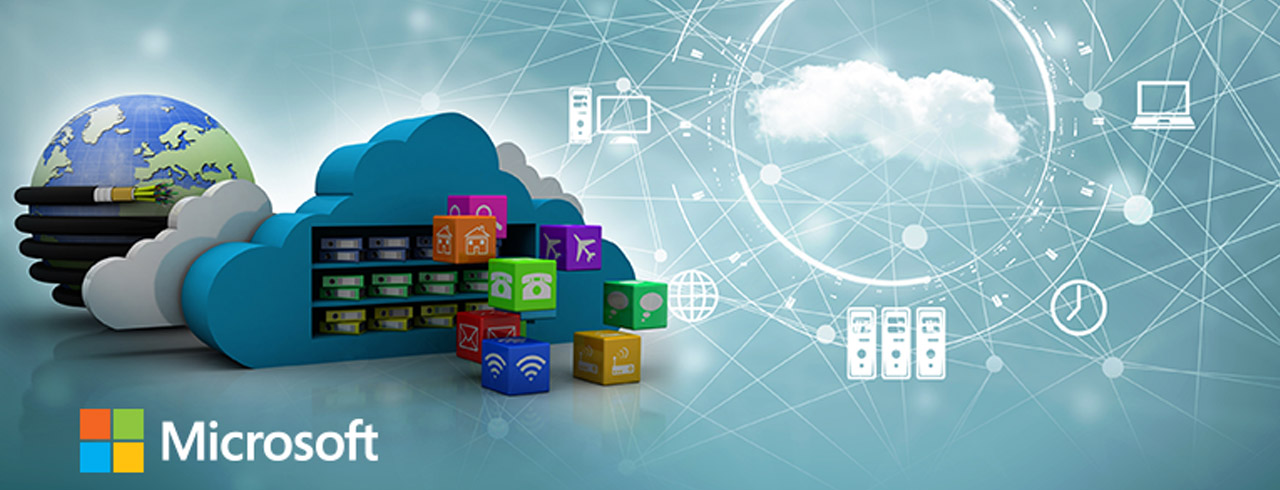Microsoft Technology

Microsoft Technology encompasses a vast array of software, tools, and platforms developed by Microsoft Corporation to meet the evolving needs of individuals, businesses, and developers. These technologies span across various domains, including operating systems like Windows, productivity software like Microsoft Office, cloud computing services like Microsoft Azure, and development tools like Visual Studio. Microsoft's technology ecosystem aims to empower users and organizations by providing user-friendly and efficient solutions. With a strong focus on innovation and continuous improvement, Microsoft continues to be a key player in the tech industry, offering cutting-edge technologies that drive digital transformation and support a wide range of applications, from personal computing to enterprise-level operations.
Windows Operating Systems:
Microsoft is well-known for its Windows family of operating systems,
used on desktops, laptops, servers, and other devices. Windows 10 was the latest version at the
time of my last update, but newer versions might have been released since then.
Microsoft Office Suite:
This includes applications like Microsoft Word (word processing),
Microsoft Excel (spreadsheet), Microsoft PowerPoint (presentation), Microsoft Outlook (email and
personal information manager), and other productivity tools.
Microsoft Azure:
Microsoft's cloud computing platform offering a wide range of services like
virtual machines, databases, AI and machine learning, storage, networking, and more. It enables
businesses to build, deploy, and manage applications and services through Microsoft's data
centers globally.
Microsoft Visual Studio: An integrated development environment (IDE) used by developers to build applications for various platforms, including Windows, web, mobile, cloud, and more.
SQL Server:
Microsoft's relational database management system, used to store, retrieve, and
manage data for applications and websites.
Microsoft Dynamics:
A suite of enterprise resource planning (ERP) and customer relationship
management (CRM) applications aimed at assisting businesses with their various operations.
Microsoft 365:
A subscription-based service that combines Windows 10, Office 365, and enterprise
mobility and security features for businesses and organizations.
Azure DevOps:
A set of development tools that assist with planning, coding, testing, and
deploying applications on Microsoft Azure.
Power BI:
A business analytics tool used to visualize and analyze data, providing insights to
make better business decisions.
Microsoft SharePoint:
A collaboration and document management platform that allows teams to
share and manage content, documents, and data within an organization.
